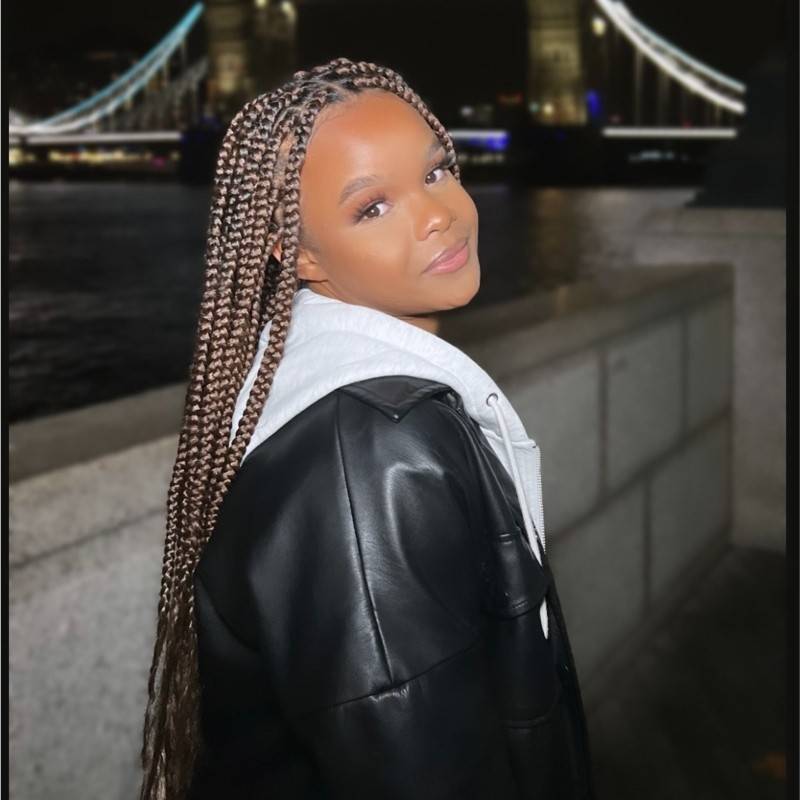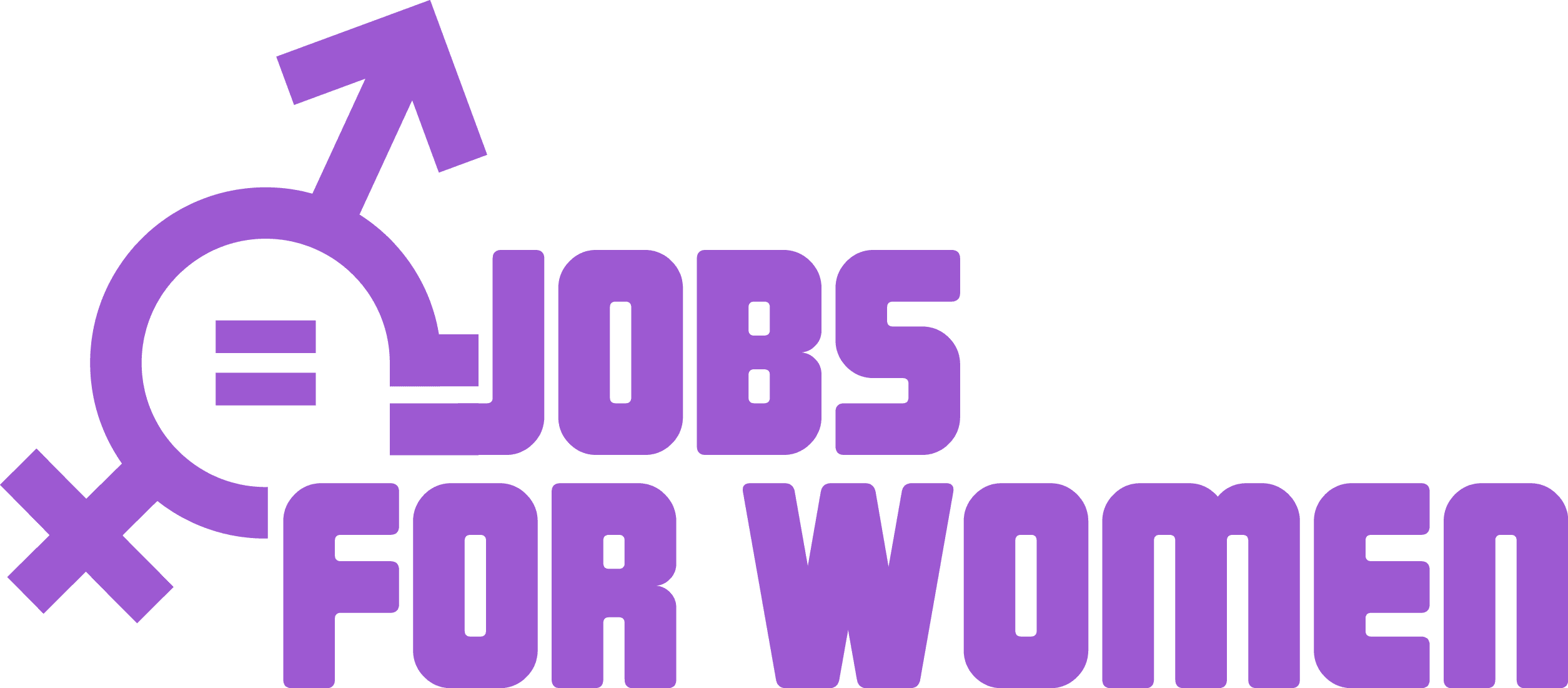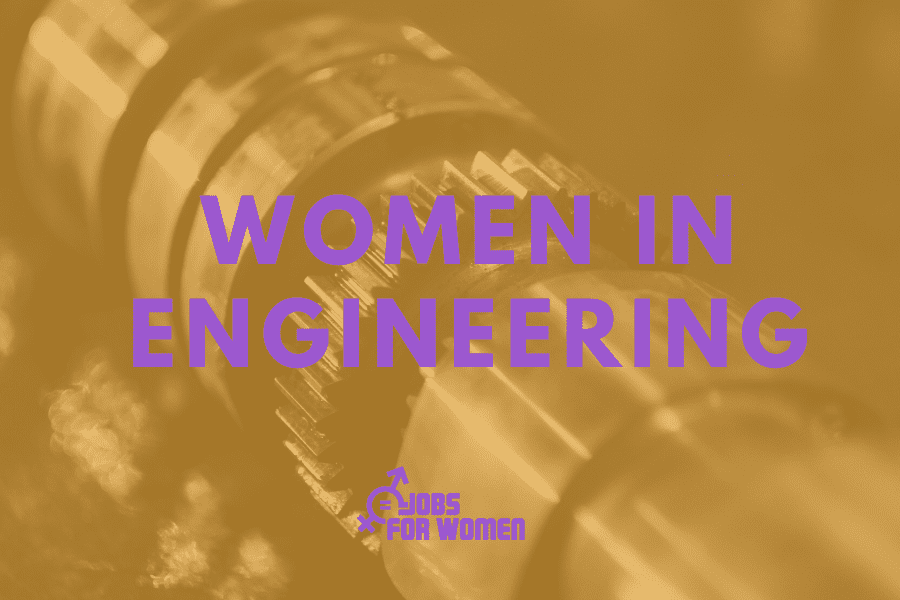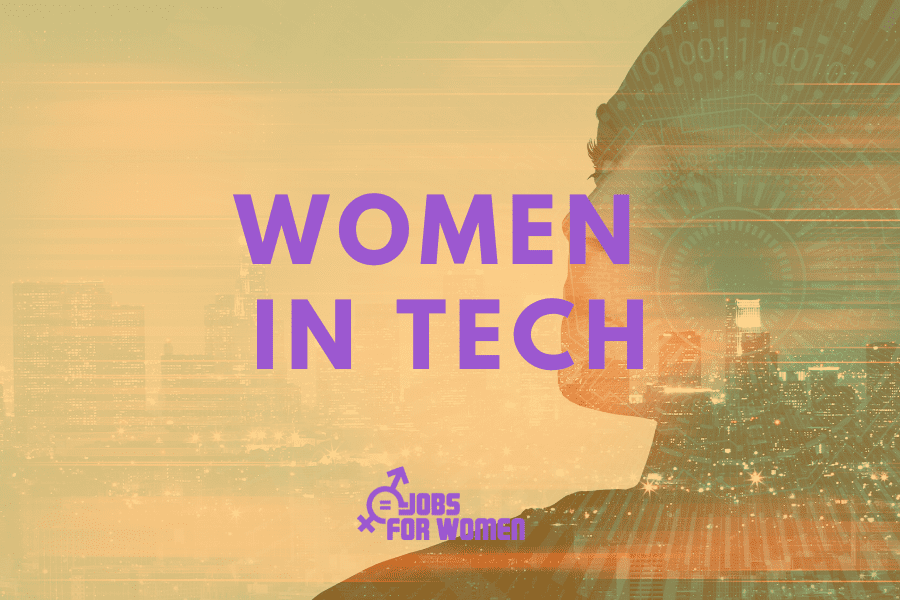
We spent some time with Parris Small at our Women in Engineering webinar which was a great opportunity to find out more about a Digital Technology Solutions Degree Apprentiship. Parris offered her advice to women thinking about a career in engineering and what she is doing to support women in the industry.
Zoë Haydn Jones: Hi Parris, can you talk to us about your career so far and why you choose engineering?
Parris Small: Hello. Hi. I’m Parris Small. I’m at the start of my career, I’m a software engineering degree Apprentice, if you don’t know what degree apprenticeship are, it’s basically I’m getting a degree in science, but I’m also just most of my time working. So the split is 80% and working for a company which is Jaguar Land Rover in the automotive in industry, but I’m not necessarily doing automated engineering, my role is more software based. And 20% of my time is spent studying at the University of Warwick in the UK which is a top 10 university and a great option for STEM courses.
So I’m doing software engineering and I work in the electrification department, with all the electric vehicles and hybrids. I do get to get my hands on the cars, but it’s mostly the technical aspect.
With engineering in general, you’ve got so many different aspects and career options such as a mechanical engineer and software engineering. I spent a lot of my time actually behind the computer but also hands on in the vehicle as well. Making sure that what’s going on. There is working in that aspect. I’m on a four-year course and I will leave it with four years work experience at a good company and also degree that I haven’t had to pay for it’s paid for by the company and the government. My degree, Digital Technology Solutions is offered all around the UK and is such a great option.
I’ve got couple of friends that work for BT and Vodafone – all these different companies that offer the same course degree apprenticeship options degree. Obviously you are getting a salary as well because you’re working most of your time and also you get that experience. So, a degree apprenticeship is a good way of getting in and there’s loads of different ones in the engineering space.
When I started in 2019 as an apprentice I was naturally quite junior but during my time at Jaguar Land Rover I have worked my way up through the company, my managers give me my own responsibility and I lead my own team, delivering a new future. And that’s because, as an apprentice, I’m there, most of my time and I’m really learning from the ground up, so it’s a good opportunity to get in to a great company, and shape your career. And once, you’ve achieved your degree, you are finished and you can decide whether you want to stay at the company, or go to a different company. It’s incredible to have valuable work experience and the skills knowledge that oyu have built up.
In my spare time I am also an ambassador for stem careers.
Zoë Haydn Jones: We know that there are a vast number of career options in engineering but what can companies and universities do dispel the myth of engineering being a ‘get your hands dirty’ industry for men?
Parris Small: Yeah, I think one of the main things and it’s not changed, is, it’s almost as though you hear the word engineer, and you’ve got a vision of a man, in some type of work uniform – you often think of the word apprentice and you might think blue collar, industry – perhaps some of the low level jobs but it’s actually not the case.
I think companies and universities could work on showing a visual day in a life of what an apprentice or an engineer looks like for different roles in different sectors. Social media is everything nowadays, so showcasing this on Instagram, LinkedIn and via or blogs. Seeing people talk about what they actually do during the day. Often people ask me what I do you as a software engineer and when I tell them they’re response is always “wow, I didn’t realize that you could do that or that was something that I could do too”. If people don’t know there are these options out there they won’t always apply unless they fully understand. They won’t just put their CV in for a job role and kind of hope for the best. So having those kind of role models and companies like Jobs for Women, posting about these opportunities and what we actually do in engineering.
Zoë Haydn Jones: At what point, did you know about engineering as a career? Was it when you were at school or a levels?
Parris Small: Yeah, so I obviously did my GCSE’s and then I did A-Level, which is the two years before you actually get into university, I studied maths physics and computer science.
My A-Levels were harder than all of my university work. When I got my university pace it was a lot more applied, I was able to research and write papers. When I was doing my A-Levels I knew I wanted to go into some type of STEM career. Even though I did well in English it wasn’t really kind of, for me. And my mum was always in my ear suggesting engineering, and I thought “I don’t want to be an engineer”. Like, I don’t see any positive things about it. There’s nobody, that looks like me, so why would I put myself through that? And then I looked into the degree options and discovered software engineering and did a bit of research.
Zoë Haydn Jones: Talk us through when you applied for your degree apprenticeship and what you do?
Parris Small: I don’t code 24/7. I don’t set my laptop behind the screening code, but I do get involved with additional things like speed clients, business cases, all these different things that you can do. So, I applied, took a gap year and traveled before I started.
I work in engineering tech. It’s a role that I could definitely see myself progressing in. I’ve been able to network and connect with people and I can see what they’re doing in their career. It’s not just a normal nine to five jobs as there are opportunities to meet people going to events seeing what they’re doing and build that professional person development on the weekends.
I’m hoping the industry changes because when I was in my physics class and my computer science class, it was literally me and two, three other women. People like me can be role models but we need to see them before we apply for university. In the UK students have to choose their A-Levels in Year 9. So if they’re not picked Maths and science it’s unlikely they will go into a career in engineering. So it’s really targeting those younger age groups from like six, seven, eight to show them that this is what you can actually do in engineering. Because if they don’t pick an A-Level in a Maths or Science they’re not going to get into an engineering type course or a STEM course at university. People can obviously career change later on in life, but it’s important we target people now with role models.
Zoë Haydn Jones: I love that you had encouragement from your Mum to go into Engineering
Parris Small: Yeah. And I was unsure and kept saying “I don’t know, I don’t know” but she said “engineering engineering engineering” in the background purely because she knows me, she’s obviously raised to me, she knows my successes and what I can do.
She said I could be the kind of be the change in the industry. You can actually go out and say, you know what, I’m a successful women, not that there isn’t loads because there is but not enough that we want to see to be able to encourage young people to actually go out and apply for it. So she was in my ear. It kind of doing that, but it took a while but doing that for me to actually kind of listen to her because I just had that bias like engineering. But I did my own research and I could see there was definitely a role in this. It’s about changing everyone’s mindset, not just young people considering engineering but parents, teachers, friends so there is support there.
Zoë Haydn Jones: Congratulations are in order – you’ve won two awards, highly commended regional winner of the National Apprenticeships Awards and the Apprentice Apprentice category of the Midlands Women in Tech Awards. Congratulations. How did it feel?
Parris Small: Thank you, it was quite surreal, I’m not gonna lie. The Apprentice Award was my cohort at work who recognised my work in the apprenticeship space. And I actually nominated myself and got nominated for a different award that I won. When I submitted my application they messaged me saying, apply for the women in Tech one. Speaking about it now is so surreal because I did not expect it whatsoever. I’m just very, very grateful that I now have this these achievements to be able to go out there and tell people you can really do things, especially within the Midlands women in tech because there was so many inspiring women in the field in that room. So many amazing companies and sponsors and that really motivated me to create a career plan.
Zoë Haydn Jones: If anyone out there is interested in applying for the degree apprenticeship with Jaguar Land Rover what way would they get in?
Parris Small: The specific course that I am on is Digital Technology Solutions, you apply via the Jaguar Land Rover website. You’re not applying for a university degree., but if you want to go to uni as well, there’s no harm in doing that. Still create a UCAS account, personal statement, etc. But look into the companies and apply to the companies. If you want any kind of help reach out to me, you can connect with me on LinkedIn and Instagram.
Get your CV up scratch if you want help me reach out to me me. I’m happy to help. Think about showcase what you can bring to the company. Whether that is on an apprentiship or as a graduate following your degree. I don’t really see anything better to do with my spare time – speaking to people and helping people. They learn from me and I also learn from them because it is a new generation coming in that have different mindsets for everything. I’ve learned so much from speaking to people.



